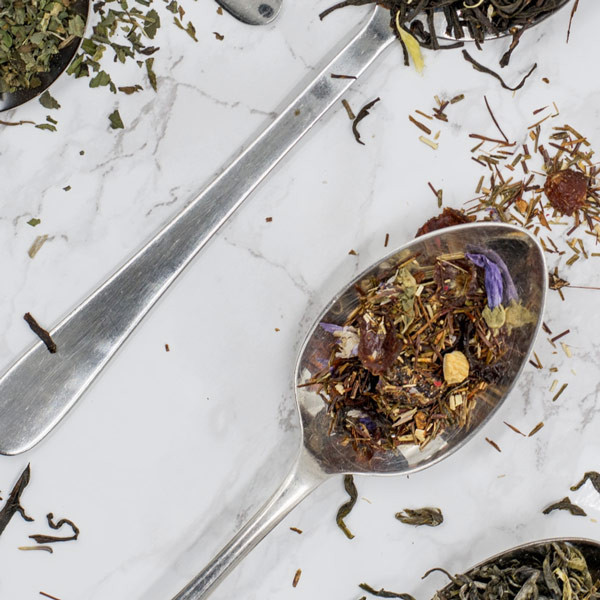Our body and its metabolism are tightly regulated by numerous hormonal, chemical and sensory cues. But in today’s modern lifestyle is can be hard to listen to these body cues, respond to them and actually act on them.
The basic body functions such as sleep, hunger and appetite and bowel movements are all based on our internal body clock. This clock works on a 24 hr cycle and is sensitive to light, heat and time cues. In the absence of these cues the body can innately coordinate body functions and also “reset” this clock on a daily basis. However if the body is not exposed to these routine up and down regulations with a consistent pattern, such as in shift work, this is when dysfunction can occur.
Lets talk about some of the dysfunctions.
Bowel Patterns
Our body is primed to eat and poop at certain times throughout the day, so if you are one of those people that have trouble opening your bowels or suffer from constipation. It is worthwhile considering your meal and toilet timings to optimise this circadian habit.
- Eat something light such as fruit and yogurt, muesli or toast with avocado upon waking to help you poop
- Make sure you have given yourself enough time to poop
- Minimise stress when its time to go (chill out and enjoy 5 mins of quiet loo time)
The best times to poop are in the morning as the bodies gastric contractions are at its peak, so make the most of this rhythmic action to set your bowel on track.
Eating Patterns
There are always questions about when is the best time to eat, when should we have our biggest meal.
If you struggle with eating breakfast in the morning, you are not alone, your body cues for appetite are lowest in the morning but in order to make the most of your metabolic systems it is best to turn on your eating systems and have that breakfast meal.
In turn, having a distinct time for eating and not eating is also fundamental to improving your circadian patterns. If you are eating your meals chaotically over the day, this can have a dramatic effect on the way you use this energy and can contribute to weight gain. Some key tips to making the most of these rhythms are;
- Establish a clear rhythm/pattern for meals
- Allow time throughout the day and night when you are NOT eating (fasting)
- Follow a diet that allows you to experience hunger, as this is essential to the body clock
- Try eating after you exercise to help your body use the nutrients more efficiently
What you eat and when
- Have your coffee in the morning not in the afternoon
- Make your breakfast light and low in total fat
- Eat your higher fat and carb meal during the day
- Choose a lower fat meal, rich with colourful vegetables to maximise your sleep cycle
- Stop eating by no later than 8pm
If you find yourself struggling with any of these rhythmic patterns, be it bowel problems, regularity and unplanned eating patterns. It may be beneficial to trial one or two of the above steps in order to help your body clock kick back into the pattern that works best for you.
For more individualised advice contact an accredited practising dietitian to discuss these changes.

Love Health?
From recipes, trends and discounts, expect great things via email this month.
More Great Reads!

Behind The Brand: Antipodes
Recipes We Love!

Clever Cookies












